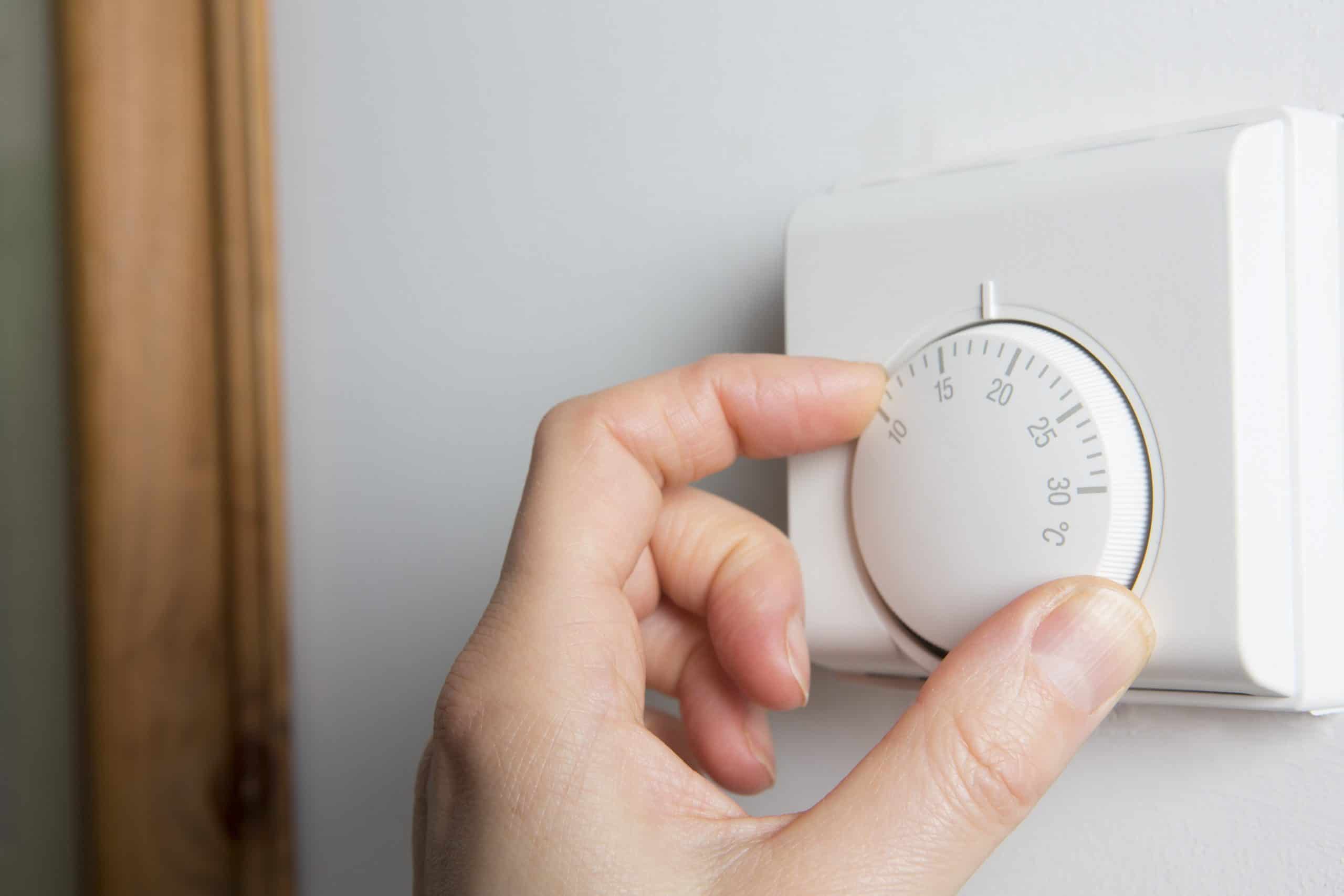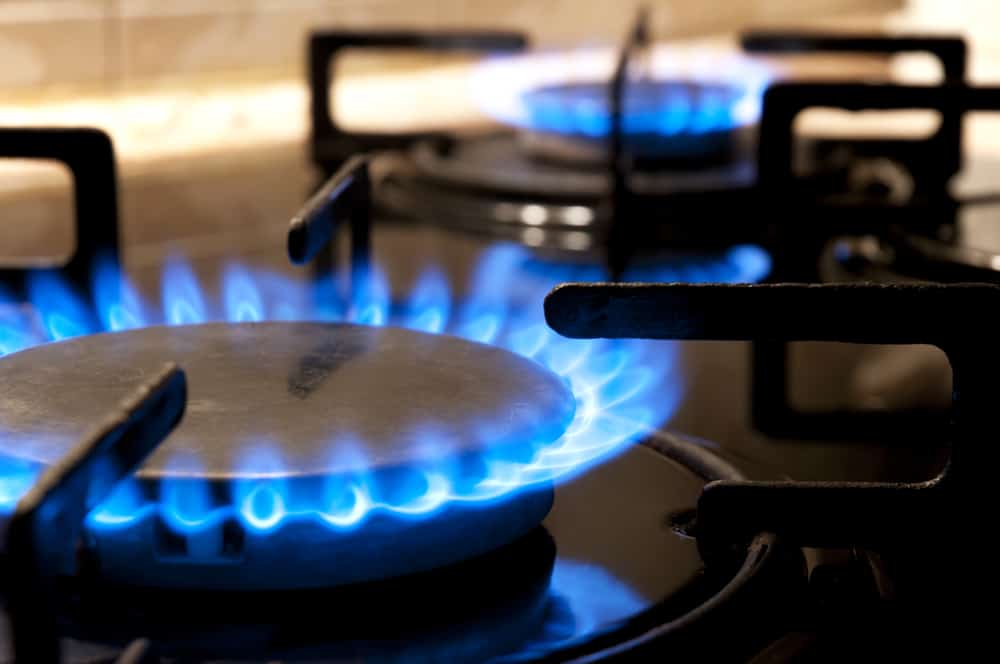We have all witnessed domestic energy bills rising sharply since last year, which is seriously impacting household budgets in every part of the country. Despite the government’s recent announcement that the planned Energy Price Guarantee increase of 20% will now be delayed until July, keeping the cap at £2,500, there is not knowing what will happen after the summer. Against this uncertain background, it is little wonder that implementing energy-saving measures in rental homes has been top of the list for tenants and landlords alike.
The internet is awash with advice on energy saving and cutting bills, but do be warned that not all advice is good advice. Amongst the many well-meaning tips and tricks, there are some misleading statements that can do more harm than good. Let’s take a look at some of the biggest myths around energy saving and sort the facts from the fiction.
- The fastest way to heat the home is by turning the thermostat up high
It may make intuitive sense to think that a higher temperature will heat up the flat or house faster, which then allows you to turn the heating off more quickly and thereby save money. Unfortunately, that is not how it works at all. A central heating boiler will heat up the property at the same speed, no matter whether the thermostat is set to 18 degrees or 28 degrees. In fact, if the interior temperature is raised by more than necessary, you may end up not only wasting energy but potentially increasing your heating bill by hundreds of pounds, achieving the complete opposite.

If you want to save money on your heating bill, the best way to go about it is to turn the thermostat down. “Turning your thermostat down by just one degree could save you £145 a year and you might not even notice a difference in temperature,” advises Home Energy Scotland.
- It’s cheaper to leave the heating on low 24/7 than turn it on and off
This is a very common misconception, based on the assumption that it takes more energy to heat up a cold flat or house than to maintain a constant temperature throughout. Unfortunately, what this doesn’t take into account is that all properties lose heat including the most energy-efficient homes, though obviously, the heat loss is greatest among poorly insulated buildings. Air escapes through roofs, walls, floors, windows and doors.
If you keep the central heating switched to ‘constant’, all this means is that you are continually heating up the property to replace the warmth that’s being lost. This is not only a hugely energy-wasteful exercise, it can also turn out to be jaw-droppingly expensive.
- Electric heating is more energy efficient than gas central heating
Looked at in isolation, this statement is actually true. Electric heating is indeed 100% efficient at the point of use while even the most modern gas boilers are only up to 90% efficient. Electric fires are also a more sustainable option than gas fires or wood-burning stoves, since the electricity can be generated from renewable sources such as solar energy without any toxic emissions. However, none of the above means that plugging in electric heaters is more cost-effective than switching on the gas central heating – far from it.

Despite the recent energy price rises, gas is still a less expensive energy source per unit and a central heating system with distributed radiators is a much cheaper way to heat your flat or maisonette. In actual fact, electric heating is three times as costly as gas and, depending on how much of your home you are heating, using electric heaters can end up being much more costly than using your gas central heating system.
- Getting a smart meter installed will reduce your heating bills
Without further context, this is an incorrect statement. It is also an assertion that many, though thankfully not all, energy companies routinely use to encourage their customers to book a smart meter installation. The fact is that simply changing your gas and electricity meters to a smart meter will have zero impact on your energy consumption or the amount you’re being charged. The only difference is that a smart meter is a ‘connected’ device that measures your energy use in real-time and sends regular meter readings automatically to your energy provider.
However, smart meters can make a huge difference in that they can raise your awareness of how much energy you use on a daily basis and how much this is costing you, via an inconspicuous little in-home display. “Smart meters track how much energy you’re using daily, weekly and monthly – helping you manage your household budgets and work out where small changes could help you use less,” explains one Scottish electricity provider. Being confronted with the real-time impact of your energy use in pounds and pence can have a massive impact on your behaviour, and this is where having a smart meter can motivate household members to make a lasting change in the name of saving energy and money.
Meeting EPC guidance with better insulation
Landlords in Scotland are legally obliged to have a valid EPC certificate for their buy-to-let properties. Increasing home insulation is generally regarded as one of the best ways to make properties more energy efficient. Around 25% of heat loss occurs through the roof so topping up loft insulation is an excellent starting point, followed by cavity wall insulation to stop the 35-45% of the heat that escapes through walls. Other effective measures include draught-proofing windows and doors, installing double glazing and insulating integral garage space, and lagging hot water tanks and pipework – all of which should make a substantial difference to utility bills.
With tenants (and landlords) feeling the bite in rising energy prices, combined efforts to insulate properties are sensible to trim down costs and work towards being more energy-efficient today and in the longer-term.


